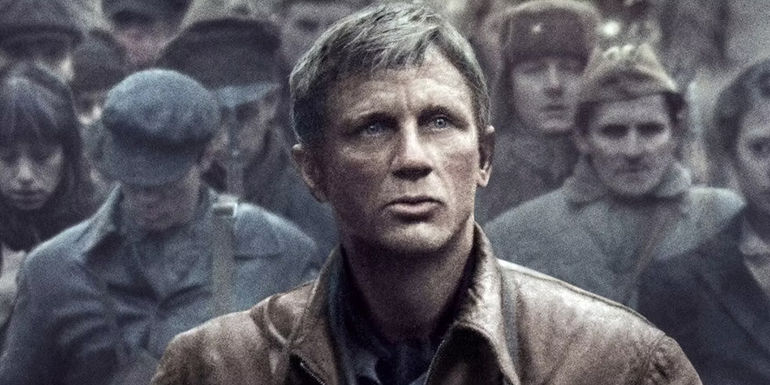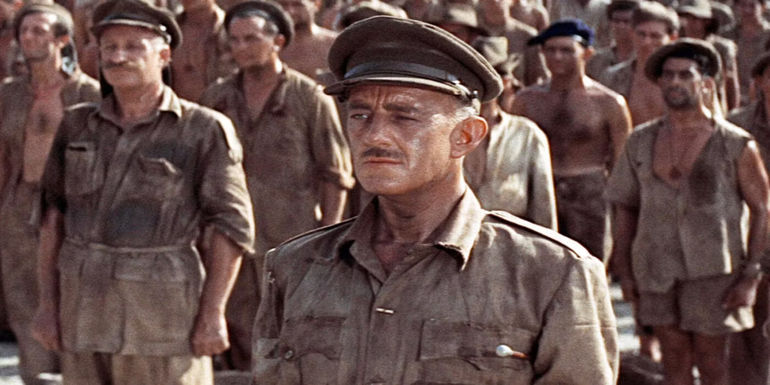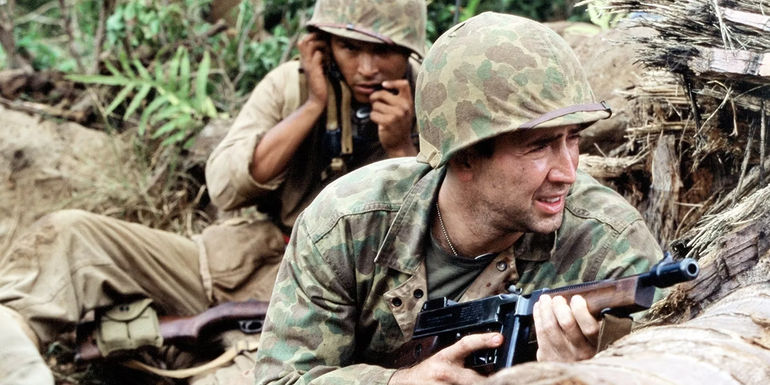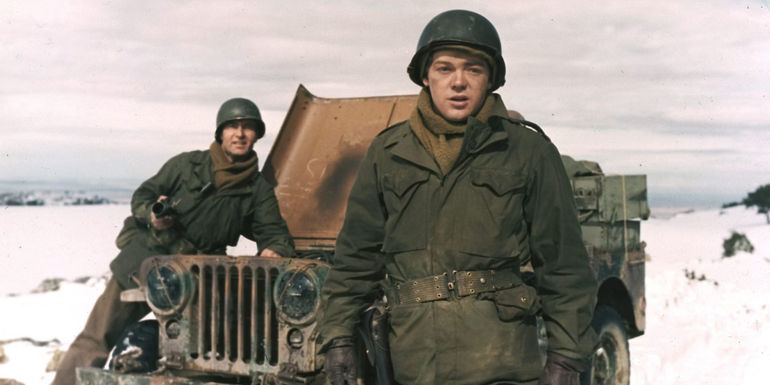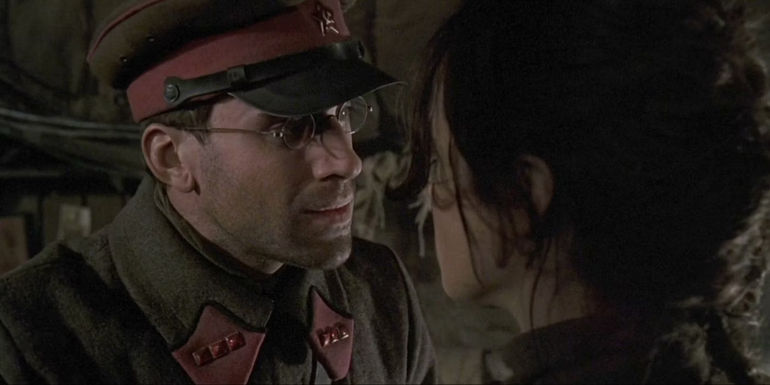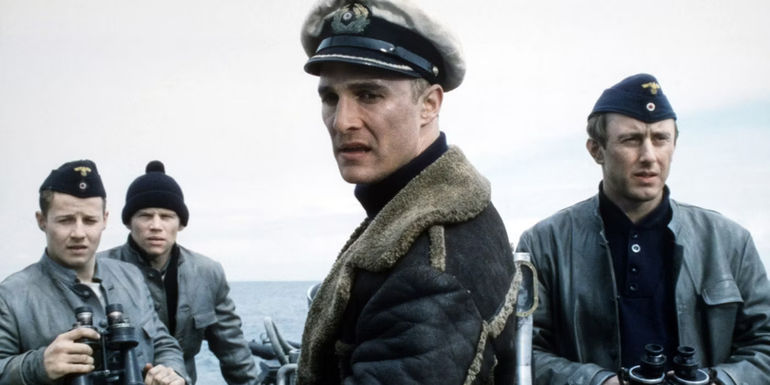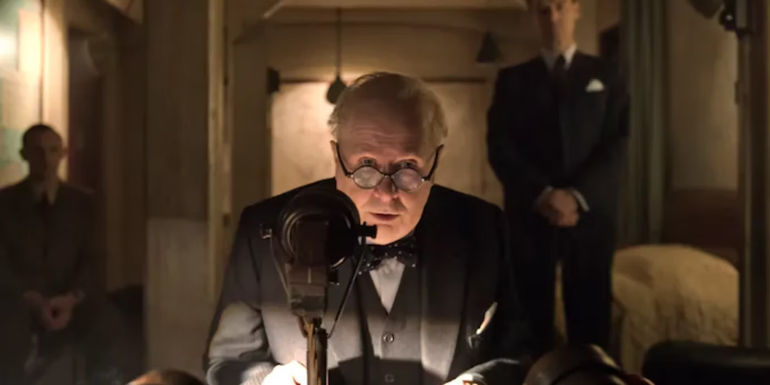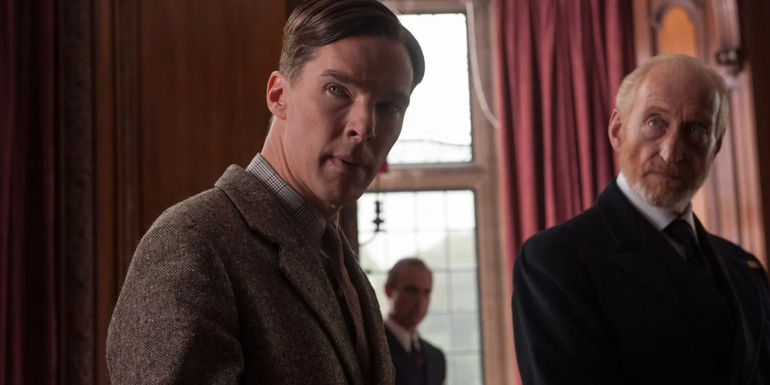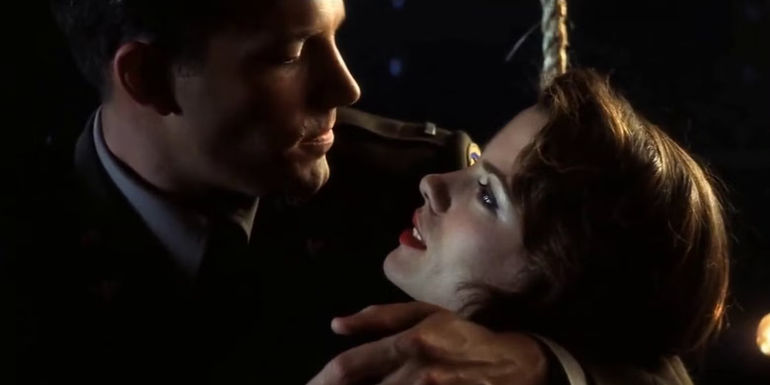
10 World War 2 Movies That Stirred Controversy and Criticism

Exploring the misrepresented narratives in popular World War II films
Unveiling the Controversial World War II Movies
In the realm of cinema, World War II has served as a rich backdrop for storytelling, captivating audiences with tales of heroism and sacrifice. However, not all war films have managed to strike the right chord when it comes to historical accuracy. Let's delve into a list of 10 World War II movies that have sparked controversy and criticism for their portrayal of significant events.
Defiance (2008)
Controversy: The film's portrayal of the Bielski partisans was criticized by some historians for romanticizing their actions and downplaying their collaboration with Soviet forces.
Background: The Bielski partisans were a group of Jewish resistance fighters who operated in Belarus during World War II. They rescued and protected thousands of Jews from the Nazis. While the film highlights the heroism and resilience of the partisans, it has been criticized for glossing over their complex relationships with the Soviet forces and presenting a simplified version of events.
The Bridge on the River Kwai (1957)
Controversy: The film's depiction of British prisoners of war collaborating with their Japanese captors was criticized as inaccurate and disrespectful.
Background: The film is based on the true story of the construction of a bridge over the River Kwai by British prisoners of war. The bridge was used by the Japanese to transport supplies to their troops in Burma. However, the film's portrayal of the prisoners willingly collaborating with their captors was seen as historically inaccurate and disrespectful to the real-life suffering and resistance experienced by the POWs.
Windtalkers (2002)
Controversy: The film's portrayal of Navajo code talkers was criticized for being inaccurate and stereotypical.
Background: Navajo code talkers were Native American soldiers who used their native language to transmit secret messages during World War II. Their code was never broken by the Japanese. However, the film was criticized for perpetuating stereotypes and failing to accurately represent the bravery and significance of the code talkers' contributions to the war effort.
Battle of the Bulge (1965)
Controversy: The film's depiction of the Battle of the Bulge was criticized for being inaccurate and over-the-top.
Background: The Battle of the Bulge was a major German offensive in the Ardennes Forest during World War II. It was one of the bloodiest battles of the war. However, the film's portrayal of the battle was criticized for exaggerating certain aspects and presenting a simplistic, Hollywood-style version of events that did not fully capture the complexities and horrors of the actual battle.
Enemy at the Gates (2001)
Controversy: The film's portrayal of the Battle of Stalingrad was criticized for being inaccurate and sensationalized.
Background: The Battle of Stalingrad was a major turning point in World War II. It was one of the bloodiest battles in history, with over 1 million casualties. However, the film was criticized for taking creative liberties and focusing more on a fictionalized love story than on the historical accuracy of the battle itself.
U-571 (2000)
Controversy: The film's portrayal of the capture of a German Enigma machine was criticized for being inaccurate and misleading.
Background: The Enigma machine was a German encryption device used to send secret messages during World War II. The capture of an Enigma machine by the Allies was a major intelligence coup. However, the film was criticized for distorting historical facts and presenting a fictionalized account of the events surrounding the capture.
Darkest Hour (2017)
Controversy: The film's portrayal of Winston Churchill was criticized for being inaccurate and overly flattering.
Background: Winston Churchill was the Prime Minister of the United Kingdom during World War II. He led the country through its darkest days and played a major role in the Allied victory. However, the film was criticized for presenting a one-sided and overly idealized view of Churchill, failing to explore his flaws and complexities as a historical figure.
Red Tails (2012)
Controversy: The film's portrayal of the Tuskegee Airmen was criticized for being inaccurate and stereotypical.
Background: The Tuskegee Airmen were a group of African American fighter pilots who served in the United States Army Air Forces during World War II. They were the first African Americans to fly combat missions in the U.S. military. However, the film was criticized for perpetuating stereotypes and failing to accurately depict the challenges and achievements of the Tuskegee Airmen.
The Imitation Game (2014)
Controversy: The film's portrayal of Alan Turing was criticized for being inaccurate and sensationalized.
Background: Alan Turing was a British mathematician and computer scientist who played a major role in the development of the computer and the breaking of the Enigma code. However, the film was criticized for taking artistic liberties with Turing's life and downplaying the contributions of other codebreakers, leading to a distorted representation of historical events.
Pearl Harbor (2001)
Controversy: The film's portrayal of the attack on Pearl Harbor was criticized for being inaccurate and over-the-top.
Background: The attack on Pearl Harbor was a surprise attack by the Japanese on the U.S. naval base at Pearl Harbor in Hawaii on December 7, 1941. The attack led to the United States' entry into World War II. However, the film was criticized for prioritizing a romantic subplot over historical accuracy and creating unrealistic action sequences that detracted from the gravity of the actual event.
In a world where historical accuracy is paramount, these films have sparked debates and stirred emotions for their portrayal of significant World War II events. Each movie, in its own way, has left a mark on the cinematic landscape, inviting viewers to question the blurred lines between fiction and reality.
